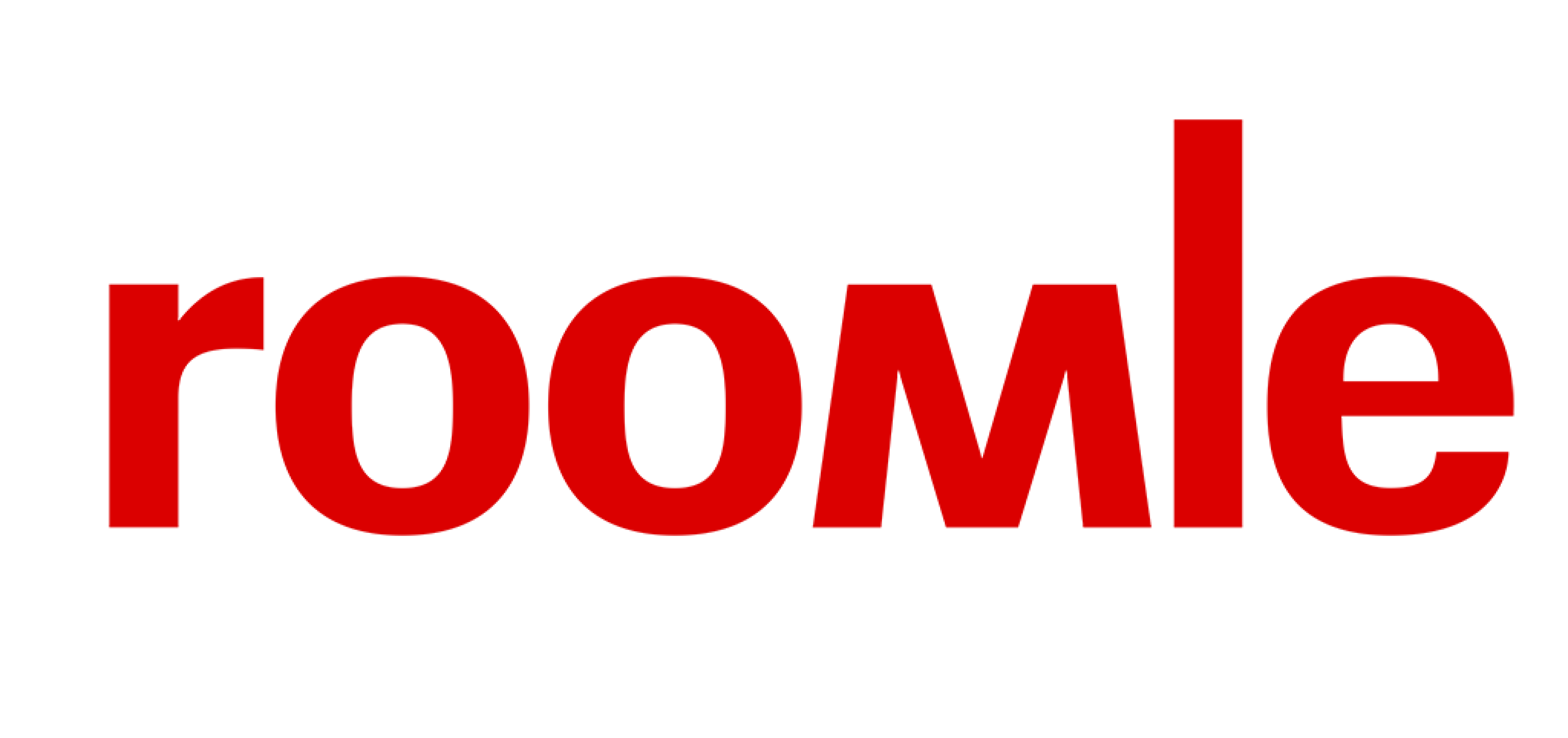# Tutorial
The GLB Viewer is our lightweight module which helps you to display GLBs. To learn more about our modules and how they fit togehter we recommend reading the Getting Started Guide.
# Initial commit
First of all we need to add @roomle/web-sdk to our npm dependencies and setup a build process. To finally load something you will need to do the following:
import RoomleSdk from "@roomle/web-sdk";
// set the URL from where you want to load
// the data, normally that's api.roomle.com/v2
RoomleSdk.setGlobalInitData({
customApiUrl: "https://api.roomle.com/v2",
});
const glbViewerawait = RoomleSdk.getGlbViewer();
glbViewer.boot();
glbViewerApi = await glbViewer.getApi();
const scene = document.querySelector(".scene");
await glbViewerApi.init(scene);
// Load a static item by the id
await glbViewerApi.loadStaticItem("roomle_content_demo:kitchenware003");
# Loading different items
If you finished step one you where already able to load a static item. You only need to bind the method loadStaticItem to a click event. We suggest something like:
const loadObject = async (id: string) => {
await glbViewerApi.loadStaticItem(id);
}
# Opening AR
To open AR you can use the quick-look features of Android and iOS. For Android a GLB (opens new window) is needed and for iOS a USDZ (opens new window) file.
To fetch the URL of the GLB you can use the module Rapi Access. This works as follows:
const rapiAccess = await RoomleSdk.getRapiAccess();
const itemData = await rapiAccess.getItem(initialId);
const { assets } = await rapiAccess.getItem(id);
const arUrl = isIOs() ? assets.usdz.url : createAndroidARUrl(assets.glb.url);
For platform specific details please visit one of the following links:
- Android: https://developers.google.com/ar/develop/java/scene-viewer (opens new window)
- iOS https://developer.apple.com/augmented-reality/quick-look/ (opens new window)
# Code Sandbox
Since we only showed the relevant code in the snippets it's time to have a look on the working example. You can find it here in our Code Sandbox (opens new window).
